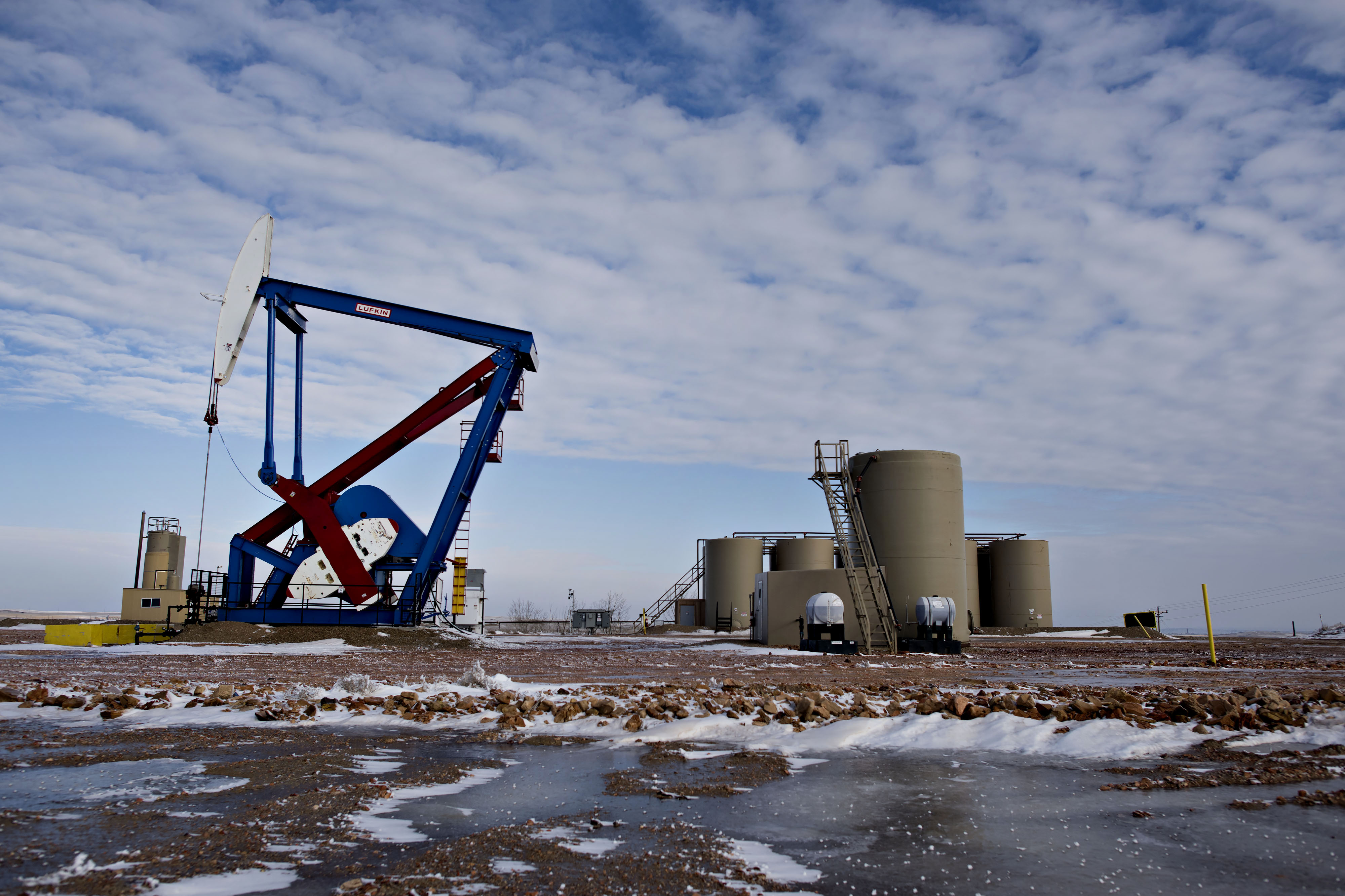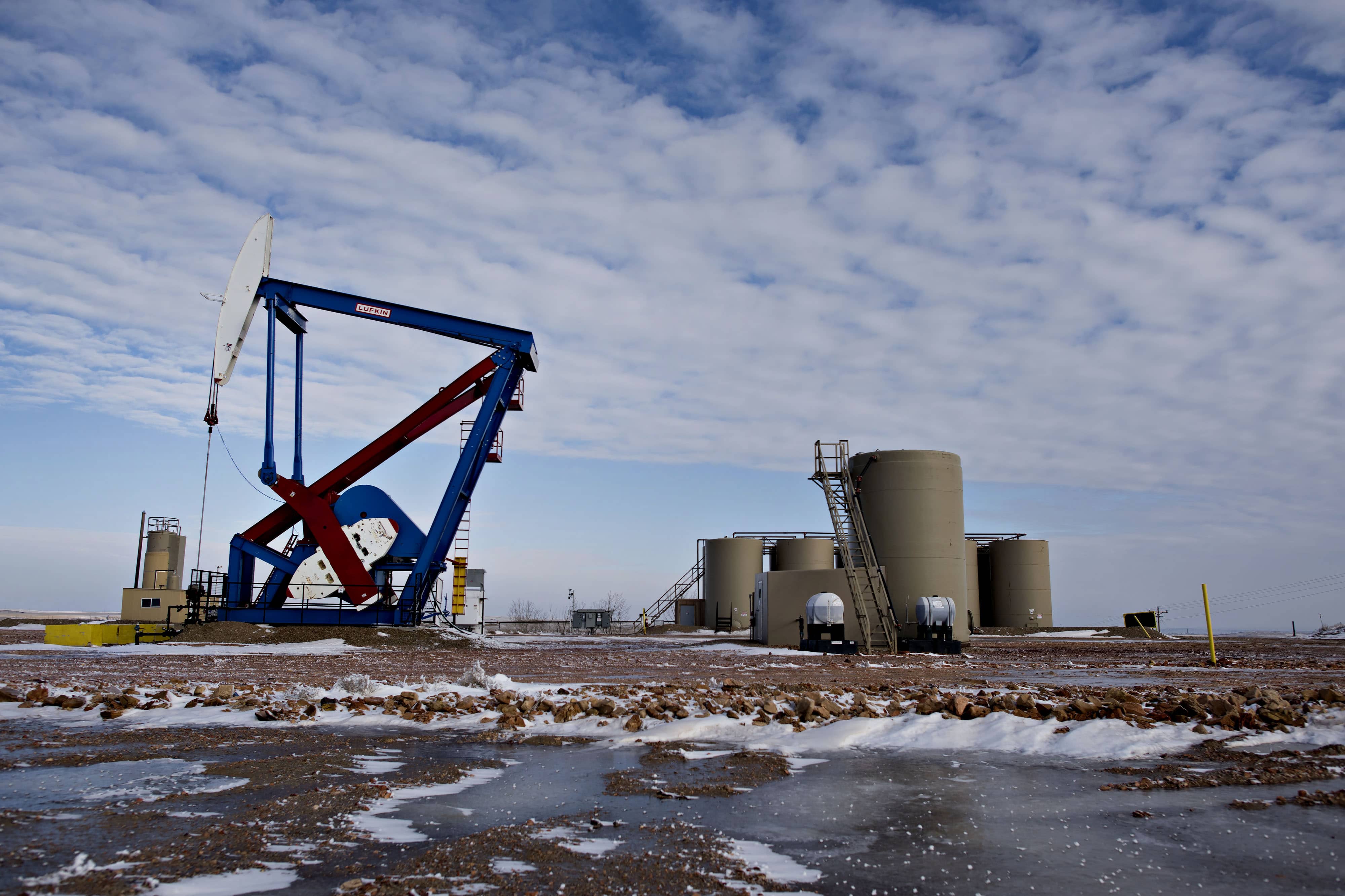
(Photo: Bloomberg)
Brent crude fell below $55 a barrel again today after Kuwaiti oil minister said this morning that the OPEC oil cartel is forced to keep production levels high. The statement came after reports of American oversupply were not fully reflected in the market on Wednesday.
Ali al-Omair said the slump in the price of oil would affect Kuwait's revenues for the year. "Within OPEC we don't have any other choice than keeping the ceiling of production as it is because we don't want to lose our share in the market. If there is any type of arrangement with (countries) outside OPEC, we will be very happy," said the oil minister to reporters, according to Reuters.
Yesterday, the U.S. Energy Information Administration (EIA) had revealed that America's oil reserves reached a new record after surging for the 10th consecutive week. American stockpiles increased by 2.1% (9.6 million) to 458.5 million barrels last week, the EIA reported.
Before the report energy analysts had only expected an increase of 4.4 million barrels, less than half the actual figure. The amount of oil the U.S. is producing also increased for the sixth consecutive week, to a capacity of 9.42 million barrels a day. These surprises show that despite the hype around the U.S fracking boom, the real capability of the American energy industry is yet to be taken fully into account by the market.
Adding further downward pressure on the price of oil are talks of a nuclear deal between major oil producer Iran and Western powers. An expected deal on Iran's nuclear programme would lead to trade sanctions on Iran being lifted, adding an extra 1 million barrels of oil supply to the global market. This despite that on the outskirts of the nuclear talks in Switzerland today, a European negotiator said the P5+1 major powers and Iran remained far apart.


















